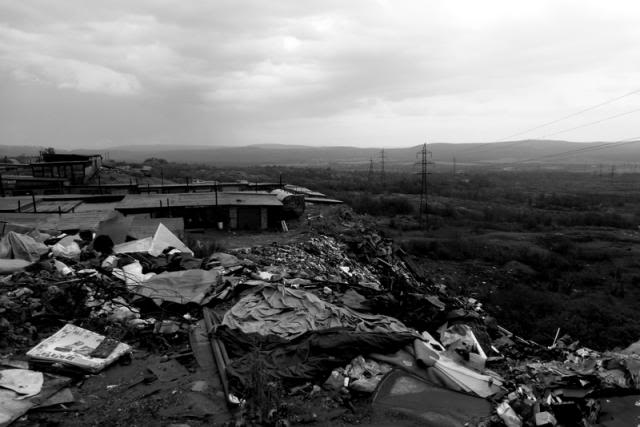How we respond depends a great deal on how we frame the
problem. First, we need to change the way we understand
natural processes. Nature is in a state of constant flux
—always looking for new ways to use more energy and
dissipate it faster. If we want to survive as a species, our best
chance is to go with the #ow: to contribute to this grand
project of collective planetary energy use, and not sabotage it
with fossil fuels. The conservationist logic of reducing
carbon emissions and consumption alone will not save us.
We need to increase the activity of the largest consumers of
energy on the planet; not humans, but biodiverse forest
ecosystems. Planting and preserving more trees will not only
reverse the effects of climate change and increase
biodiversity it will also increase planetary energy use.
We also need to !nd new and creative ways of consuming
excess planetary energy, for example by composting
everything. Think of how much more energy would be
dissipated if even our waste was consumed by armies of
insects, fungus, animals, and bacteria, and broken down into
raw materials, energy, that fueled the growth of more plants
and animals, in a literal “feedback loop” of rapid dissipation.
If the more ways energy is consumed the better, then
maximizing human and ecological diversity is also key to
increasing planetary dissipation.
Even as our planet gets ever hotter, less stable, and less
diverse, energy consumption is not the problem, it is the
solution.
read here
Foto: Stefan Paulus

